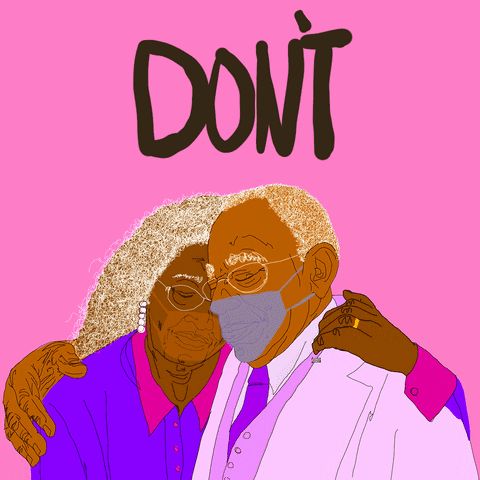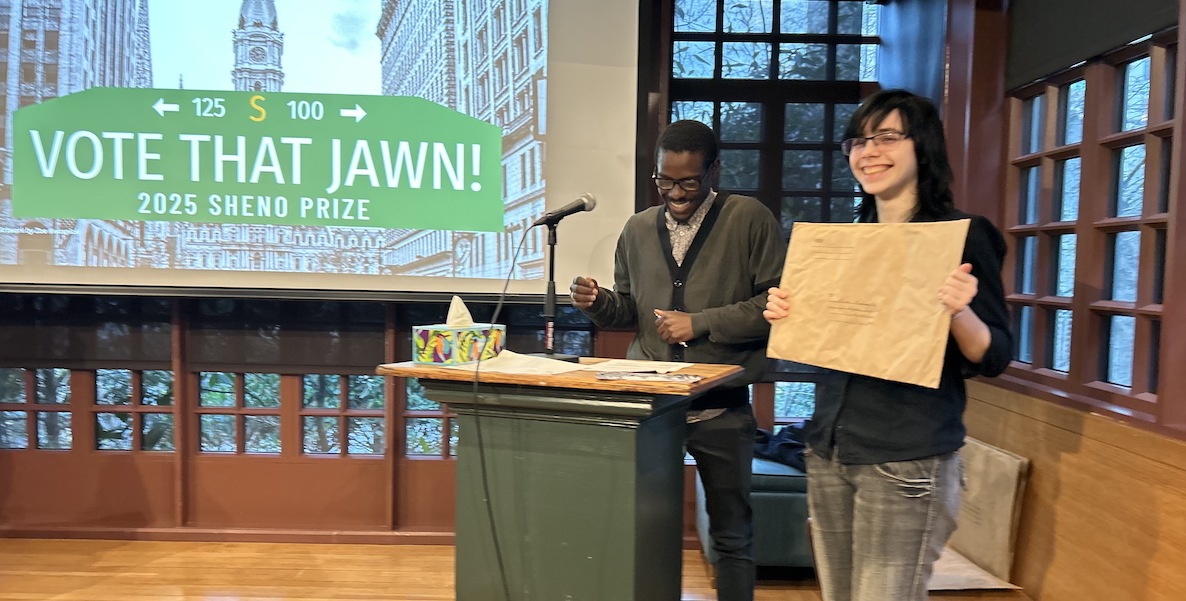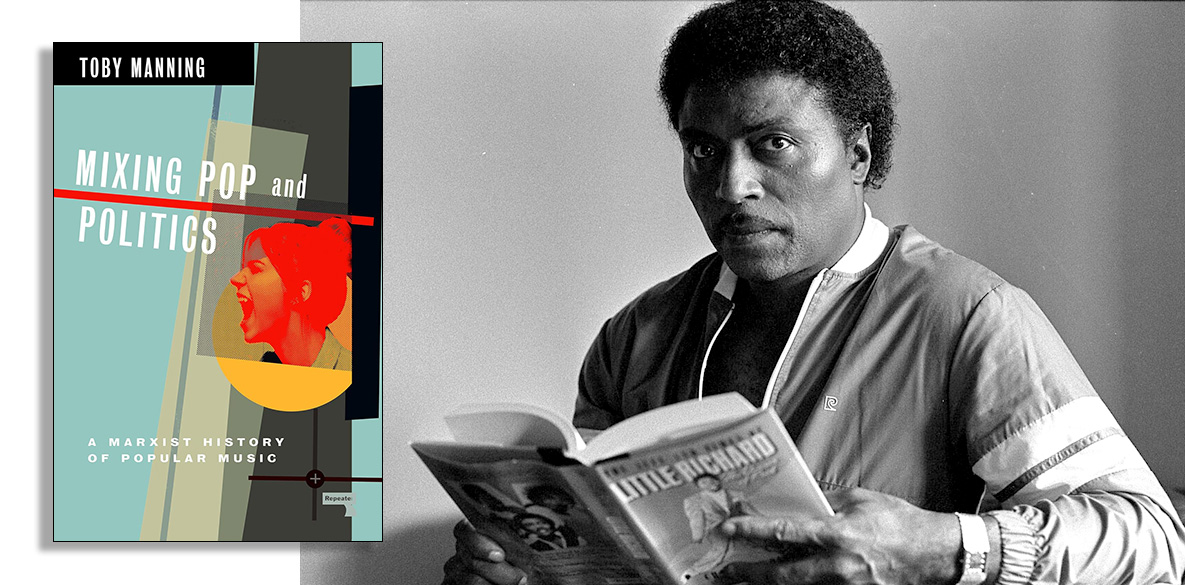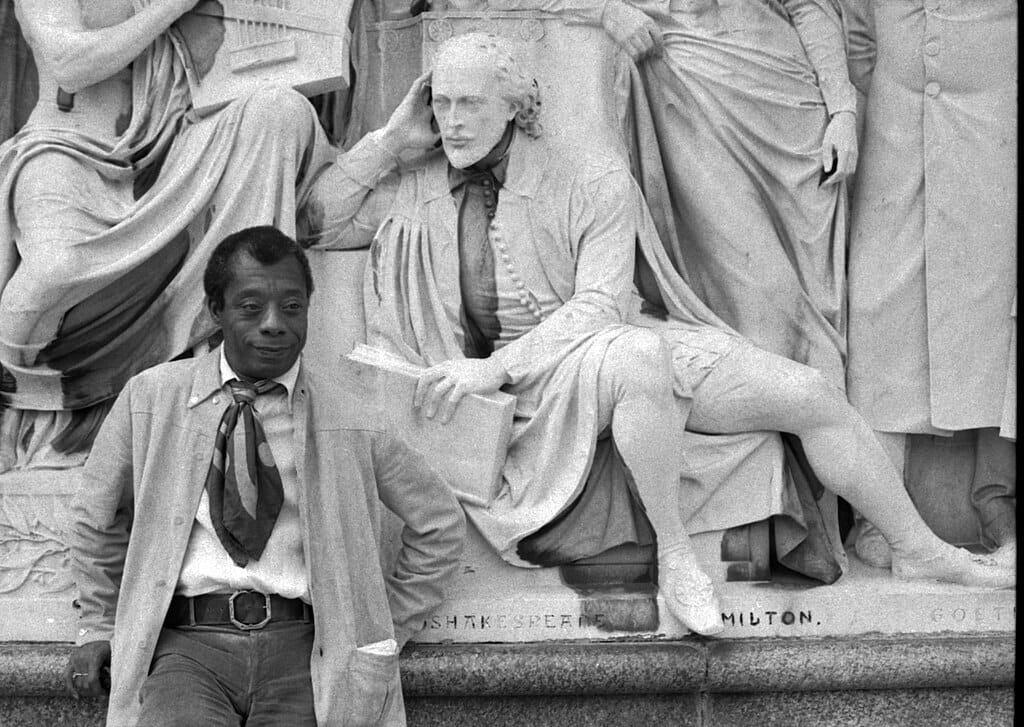- BlackVoter.Org
- Posts
- BlackVoter.Org
BlackVoter.Org


In a powerful essay, Miran Andriyevsky, a Philadelphia high school student, explores the cultural apathy towards voting she witnessed growing up. Listening to her mother’s immigrant friends express disinterest in participating in elections prompted Miran to take action.
Recognizing that this lack of engagement spanned generations and backgrounds, she became a voting ambassador for My School Votes (MSV). Together with peers, she led efforts to boost voter registration at Masterman School, culminating in achieving 100% registration before the November 2024 elections.
Miran’s journey not only highlights her commitment to civic engagement but also honors the memory of Erinda Sheno, a passionate advocate for youth voting, for whom the essay prize is named. This inspiring narrative underlines the importance of fostering democratic participation among young people and reveals how collective effort can spark real change in communities.


Elon Musk recently ignited controversy by labeling the South African protest song "Dubul’ ibhunu"—translated as “Kill the Boer”—as a call for “white genocide.” This song, linked to the anti-apartheid struggle, was performed by Julius Malema of the Economic Freedom Fighters during a rally, prompting Musk's outrage at the audience's enthusiastic chanting about violence against white farmers.
While pundits, including U.S.
politicians like Donald Trump, express alarm over the song’s implications, historical context shows it as a symbol of resistance rather than a literal threat. Legal interpretations also complicate the narrative, with recent rulings stating Malema's rendition does not incite violence against white South Africans.
As tensions between contemporary political factions simmer, Musk’s vocal stance highlights how South Africa's issues resonate with American cultural debates, serving as both a rallying point and a flashpoint in broader ideological battles.

The article delves into the political interpretations surrounding the film "Wicked," revealing how viewers project their partisan beliefs onto its characters and narrative. Directed by Jon M.
Chu, this adaptation presents the backstory of the Wicked Witch of the West, Elphaba, which prompts divergent political readings. While some viewers see the Wizard as a representation of Donald Trump, others identify Elphaba as a heroine challenging the establishment.
The piece argues that this divisive lens oversimplifies the film's complex themes, including the opaque nature of good and evil. Ultimately, “Wicked” encourages viewers to question their biases rather than solidify them; it highlights the ease with which society falls prey to propaganda.
In a world where political narratives are often black-and-white, the film’s exploration of nuance and the human capacity for both good and evil serves as a timely reminder to embrace complexity over conformity.

In a bold move, former President Donald Trump has signed an executive order aimed at overhauling federal election procedures, igniting a firestorm of criticism from voting rights advocates and lawmakers alike. The order mandates documentary proof of U.
S. citizenship for voter registration and requires all ballots to be received by Election Day, signaling a substantial shift toward federalizing election processes.
Critics argue this exceeds presidential authority, labeling it as a “blueprint for authoritarian control” that disproportionately disenfranchises vulnerable groups, including those facing name discrepancies on official documents. Amid concerns over the legitimacy of his intentions, Trump’s supporters laud the move as a necessary step towards electoral integrity.
With reactions sharply divided, this executive order raises significant questions about the future of voting rights and the democratic process in America.

In an enlightening interview, author Toby Manning discusses his groundbreaking book, Mixing Pop and Politics: A Marxist History of Popular Music. He reveals how rock and pop music emerged as powerful expressions of working-class identity and rebellion through the 1950s and 60s.
Manning emphasizes that these genres were not just musical revolutionaries but a response to a time when the working-class began to enter history, challenging societal norms. He reflects on the struggles faced by pioneering artists, such as Little Richard and Chuck Berry, who battled racial segregation and industry pushback, illustrating how rock and roll was perceived as a threat to the status quo.
Through Manning's lens, we discover the intertwined fates of music and politics, giving us a deeper understanding of how cultural movements can shape history and the ongoing fight against institutional racism in the music industry.

In this week's "Political Playback," key developments from the California legislative scene are spotlighted. The California NAACP champions Assembly Bill 1121, focusing on evidence-based literacy methods for early education, aimed at addressing significant achievement gaps among vulnerable students.
Meanwhile, Corrin Rankin becomes the first Black woman to lead the California Republican Party, emphasizing community engagement as she settles into her role. In an unexpected turn, Senator Shannon Grove expresses her disappointment after her SB 64, which sought to give parents greater educational choices, was defeated.
Additionally, the University of California has ceased its requirement for faculty diversity statements amid political pressures, stirring debate on the impact of political influence in academia. Lastly, Gov.
Gavin Newsom's latest podcast shifts focus from politics to governance efficiency, though he faces backlash for some controversial remarks.

In "Existential Liberalism: James Baldwin and the Problem of Freedom," Melvin Rogers navigates the powerful insights of James Baldwin regarding the true weight of freedom. Baldwin challenges us to consider that freedom is not merely a gift to be enjoyed but a heavy burden that demands responsibility and awareness.
He critiques the evolving definitions of freedom in postwar America, highlighting how racial inequities and societal myths complicate our understanding of liberty. Baldwin argues that confronting our collective anxieties about identity and justice is vital if we are to cultivate a truly democratic society.
He stresses that genuine freedom requires embracing our vulnerabilities and acknowledging the dark truths of our past.

In a striking juxtaposition, former President Donald Trump has recently brought up the idea of compensating those who participated in the January 6 Capitol riot. In a conversation with Newsmax, Trump referred to the rioters as “patriots” and mentioned potential compensation for their “lost income and opportunities,” all while Black Americans continue to advocate for long-overdue reparations related to slavery and systemic racism.
Despite the historical injustices faced by African Americans and unfulfilled promises of compensation, such as the infamous “40 acres and a mule,” discussions around reparations remain stagnant. Senator Cory Booker is once again pushing for legislation to establish a federal commission to explore reparations, aiming to address the ongoing disparities that stem from generations of discrimination.
This stark contrast highlights the ongoing struggle for equity, as America appears more willing to consider rewards for insurrectionists than to confront its troubling racial history.